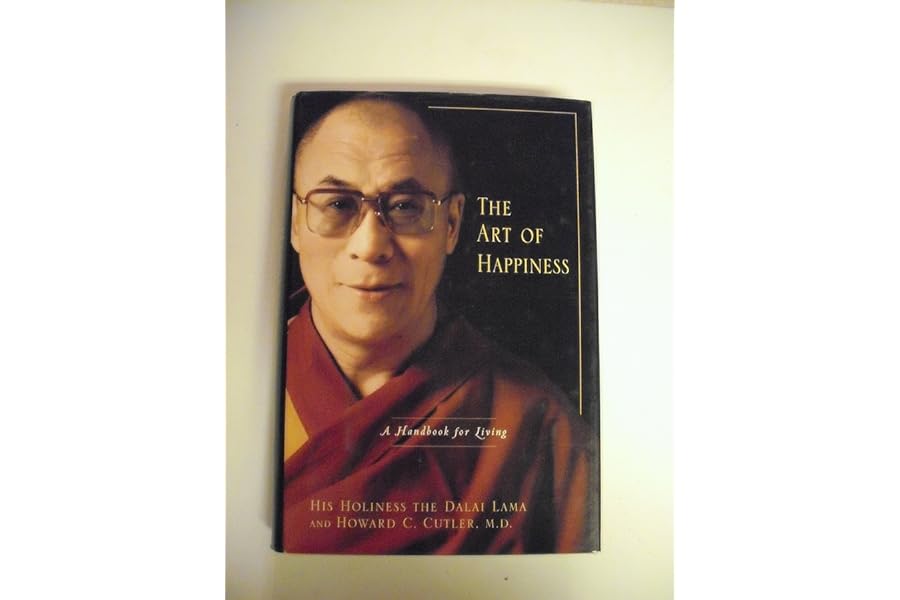One sentence summary
The book ‘The Art of Happiness: A Handbook for Living’ by Dalai Lama offers practical advice and insights on cultivating happiness in our lives.
Book genre
Self-help, philosophy
Main topic of the book
The main topic of the book is happiness and how to achieve it through inner peace, compassion, and mindfulness.
Key ideas
- Happiness is not dependent on external circumstances, but is a state of mind that we can cultivate.
- Mental and emotional well-being are essential for our overall happiness.
- Compassion and empathy towards others can bring joy and fulfillment to our lives.
- Mindfulness and living in the present moment can help us let go of negative thoughts and cultivate happiness.
- We have the power to choose our thoughts and reactions, which can greatly impact our level of happiness.
Main parts of the book and a short summary
Part One: The Purpose of Life
The first part explores the fundamental question of what the purpose of life is and argues that our ultimate goal is to achieve happiness.
Part Two: Human Warmth and Compassion
In this part, the Dalai Lama discusses the importance of human connections and the role of compassion and empathy in our happiness.
Part Three: The Sources of Happiness
This section delves into the different sources of happiness and how we can cultivate each one, including a sense of purpose, inner peace, and gratitude.
Part Four: Cultivating Mental Balance
The fourth part focuses on our mental and emotional well-being and offers practical advice on developing a positive and peaceful mind.
Part Five: Cultivating Happiness
The final part brings together all the key ideas and provides guidance on how to integrate them into our daily lives to cultivate happiness.
Key takeaways
- Happiness is a state of mind that can be cultivated through inner peace, compassion, and mindfulness.
- Mental and emotional well-being are crucial for our overall happiness.
- Cultivating compassion and empathy towards others can bring joy and fulfillment to our lives.
- Mindfulness and living in the present moment can help us let go of negative thoughts and cultivate happiness.
- We have the power to choose our thoughts and reactions, which can greatly impact our level of happiness.
Author’s background and qualifications
Dalai Lama is the spiritual leader of Tibetan Buddhism and a renowned teacher, author, and activist. He has dedicated his life to promoting peace, compassion, and understanding among people of different faiths and cultures. He has received numerous awards and honors for his work, including the Nobel Peace Prize in 1989.
Target audience
This book is targeted towards anyone looking for guidance and practical advice on how to cultivate happiness in their lives, regardless of religious or cultural background.
Publisher and first publication date
Riverhead Books; first published in 1998.

